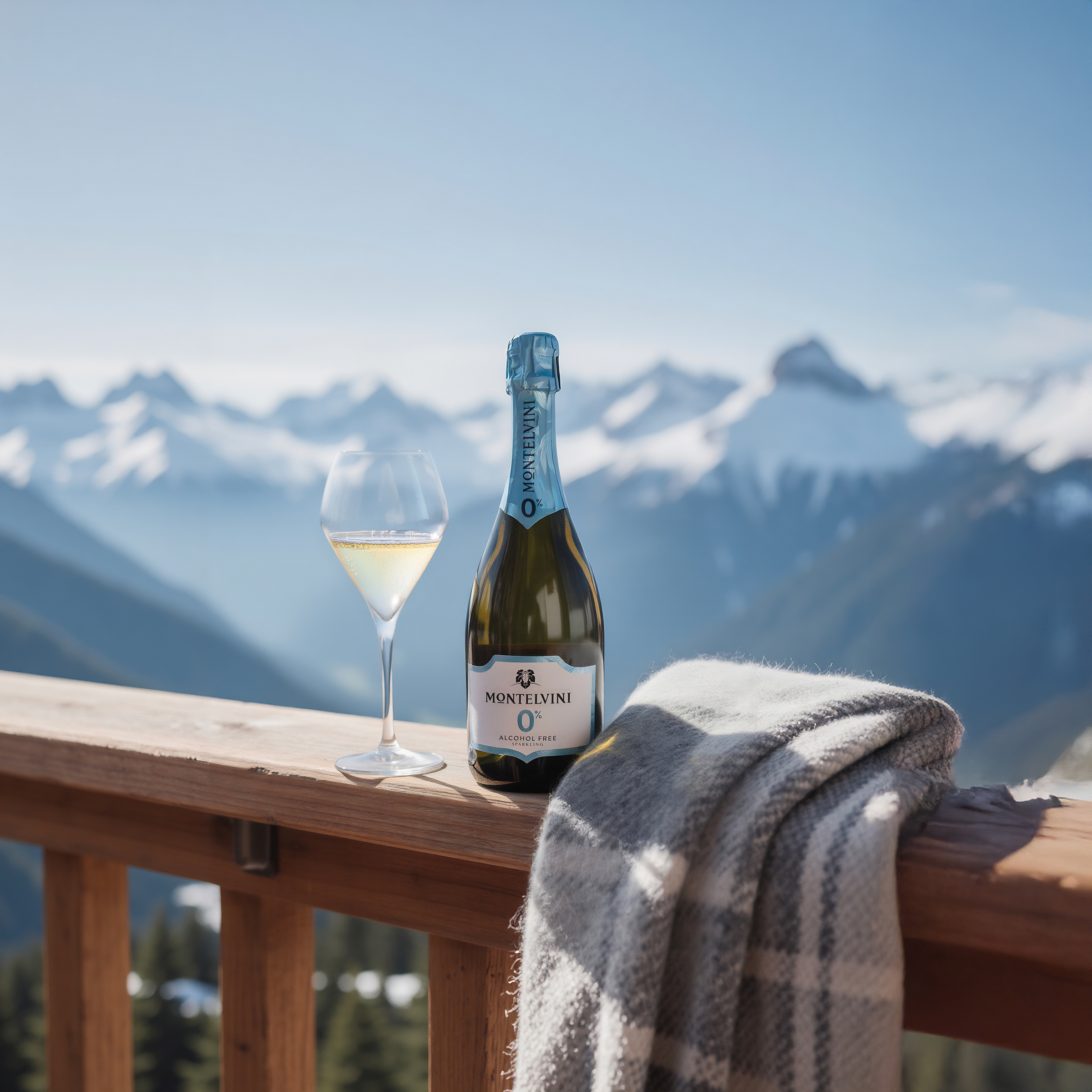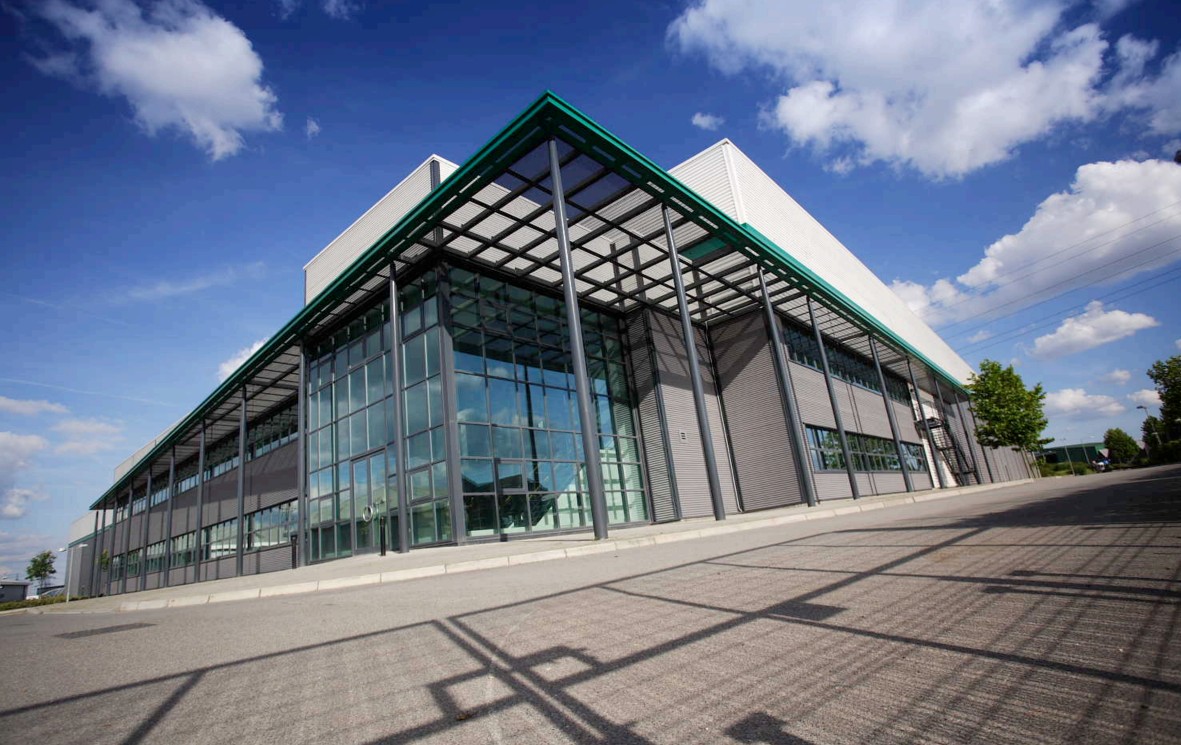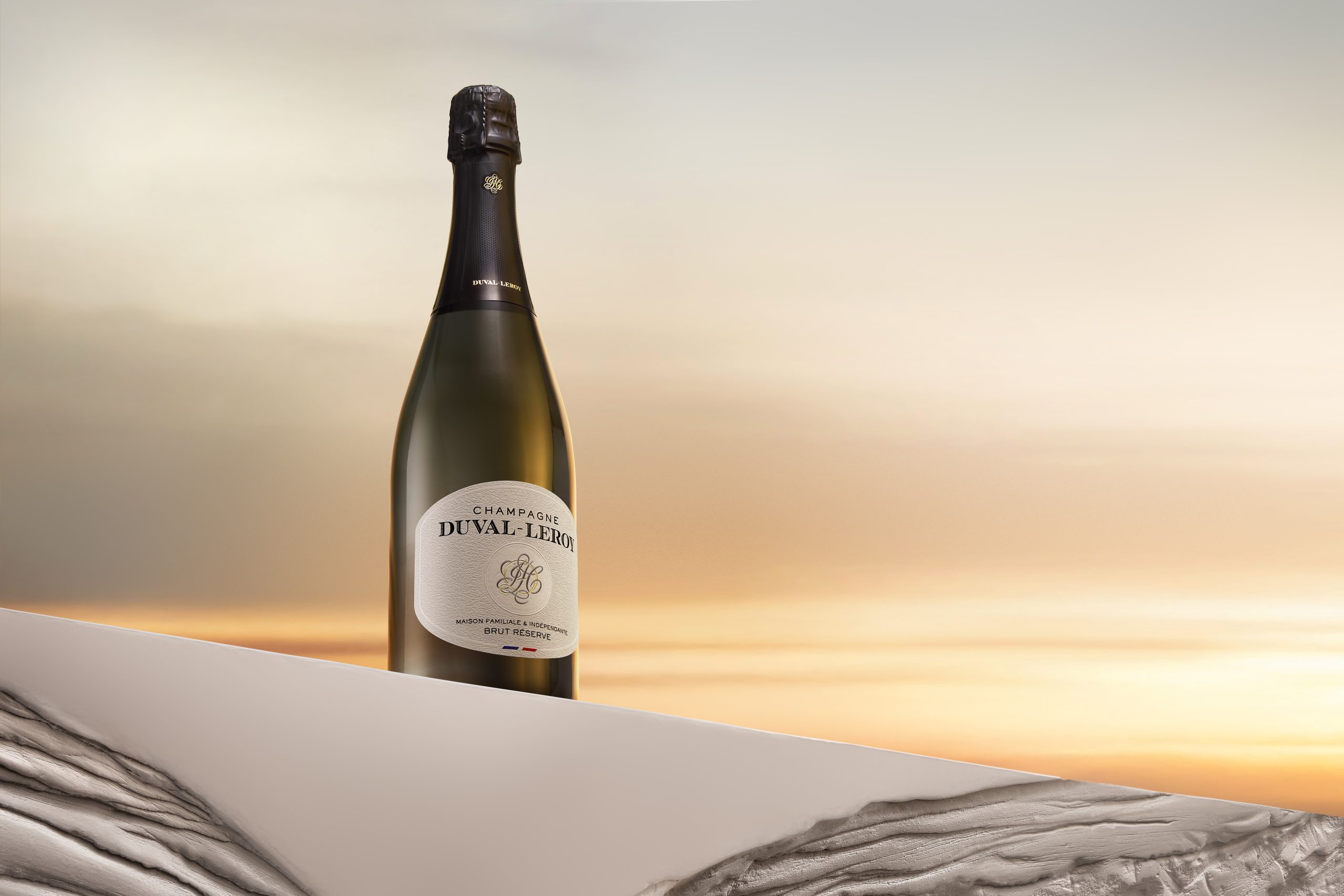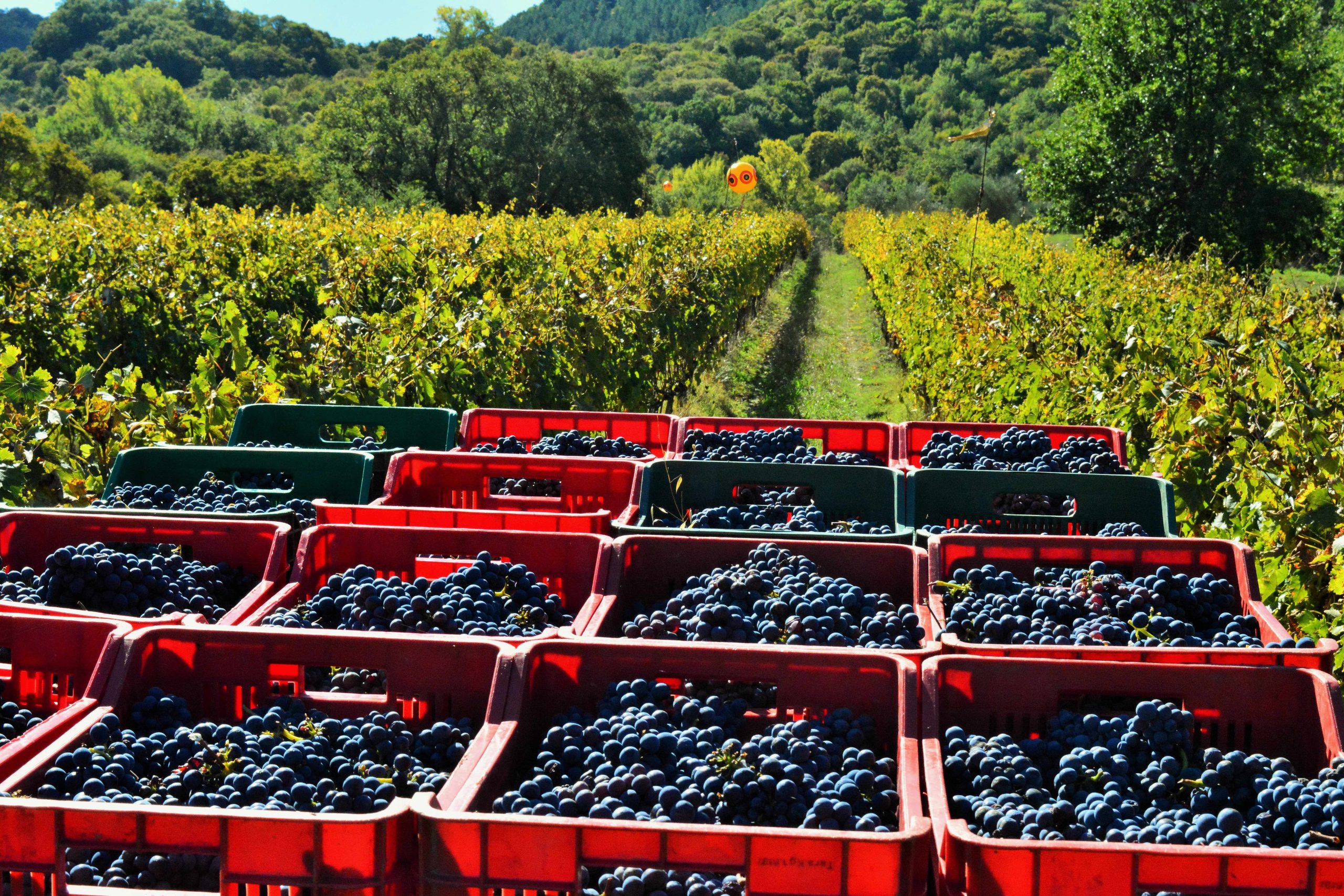Paitin: a blend of innovation and tradition
One of Piemonte’s most venerable estates, Paitin, has combined modern ways of winemaking with inherited traditions as it looks to Hong Kong as a new market for its older vintages.
The Paitin estate, situated in Serraboella south and east of Neive in the Langhe has been selling wine labelled Barbaresco since 1893, making it one of the most historical properties in Piemonte.
It has been run by Giovanni Pasquero-Elia and his brother, Silvano since the 1980s and together they have carefully brought the estate up to date while preserving the traditions handed down through their family’s generations.
The property has been in the family since 1948 when Giovanni’s father, Secondo took over the winery in 1948 and started replanting after the devastation of two world wars and phylloxera. From 1953, the new vineyard started producing the estate’s flagship wine, the Barbaresco Vecchie Vigne Riserva which now runs to 5,000 bottles.
Nowadays, Paitin bottles two other Barbareschi from the estate’s vineyards, with the 10,000-bottle Serra made from the youngest vines on the property – under 20 years of age – and the Sori’ Paitin made from 40 year-old vines, most of which are planted with the massale selection of the estate’s best clones.
One of the first things Giovanni did when he took over was to eliminate barriques and user larger casks which are replaced more frequently than before. He also began to move away from the concentrated styles produced during the 1990s and worked toward a more “elegant expression” of his terroir with a fresher, fruit focus.
Another key change for the estate is when Giovanni phased out rotary fermentators in 2010 and restarted using traditional submerged cap fermentations – as advised by consulting oenologist Dante Scaglione, a former classmate of Giovanni’s from oenology school.
“It was time to invest in the future,” said Giovanni. “We wanted to make wine to last without the bitterness associated with reduction and express more of the unique terroir. By doing so, we have managed to retain a great many older vintages starting from 1999 which have excellent ageing potential.”
Partner Content
The estate has also been fully biodynamic since 2001 and in 2008 started only using renewable fuel sources and recycled wood pallets. In 2010, Giovanni installed a solar power system designed to generate enough electrical energy to cover 100% of Paitin’s annual demand.
Paitin is new to the Hong Kong market – the main export markets are the US and Canada – and Giovanni is not keen to rush into Asia or jump on the China bandwagon, preferring to concentrate into Hong Kong and with small forays in South Korea, Singapore and Taiwan.
“I don’t see any business from China for a small entity like us, it’s not easy. With our few hectares we cannot make the containers. Just two would represent 20% of our production.”
However, the fact that Paitin is able to offer classic older vintages should strike a chord with Hong Kong’s wine drinkers where wine storage and space is at a premium and consumers are buying wine ready to drink now. Through his importer, Christopher Stewart Asia, Giovanni will see his 1989, 1990 and 1999 all sourced directly from the cellars appearing in Hong Kong’s restaurants soon, along with his newer releases.
“Hong Kong’s market is ripe for older vintages. It is also a place with a blend of innovation and tradition – just like us.”




